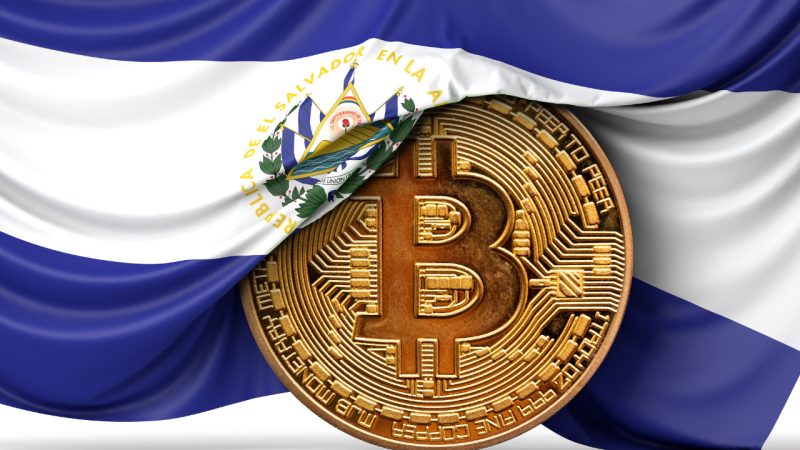El Salvador’s Bitcoin investments have yielded unrealized gains exceeding $300 million after Bitcoin surpassed the $100,000 mark for the first time. President Nayib Bukele celebrated the milestone by sharing the country’s Bitcoin portfolio and its financial success since adopting the cryptocurrency.
Bitcoin’s $100K Breakthrough and El Salvador’s Gains
On Dec. 5, Bitcoin reached an all-time high of $100,000, sparking excitement across the crypto world. That same day, Bukele responded to a request on X (formerly Twitter) to disclose the country’s Bitcoin portfolio. He revealed that El Salvador has invested nearly $270 million in Bitcoin since making it legal tender in September 2021.
The country’s portfolio, which holds 6,180 BTC, has not sold any Bitcoin to date. With an average purchase price of $44,739 per Bitcoin, El Salvador’s unrealized profits now stand at $333 million, representing a 122% increase from its initial investment, according to Nayib Tracker, a platform that monitors the country’s crypto holdings.
El Salvador’s Bitcoin Journey
El Salvador made history as the first country to adopt Bitcoin as legal tender on Sept. 7, 2021. The move allowed Bitcoin to be used for everyday transactions alongside the US dollar. One day earlier, the government acquired its first 200 BTC as part of its groundbreaking policy.
In November 2022, Bukele announced a dollar-cost averaging (DCA) strategy, committing to purchasing one Bitcoin every day. This strategy has helped the country build a significant crypto reserve while reducing the impact of price volatility.
Beyond financial gains, the adoption of Bitcoin has brought other benefits to El Salvador, including a boost in tourism. The country has positioned itself as a global crypto hub, attracting enthusiasts and investors worldwide.
IMF Continues to Criticize El Salvador’s Bitcoin Policy
Despite El Salvador’s reported success with Bitcoin, the International Monetary Fund (IMF) remains critical. On multiple occasions, the IMF has urged the country to scale back its Bitcoin policies, citing risks to financial stability.
In January 2022, the IMF recommended that El Salvador stop recognizing Bitcoin as legal tender. More recently, in October 2023, IMF Communications Director Julie Kozack advised narrowing the Bitcoin Law’s scope and reducing public sector exposure to the cryptocurrency.
As Bitcoin continues to gain value, El Salvador’s bold decision to embrace the cryptocurrency is attracting both praise and criticism. While the IMF remains skeptical, the Salvadoran government sees Bitcoin as a tool for economic growth and financial inclusion, with substantial gains already validating its strategy.
